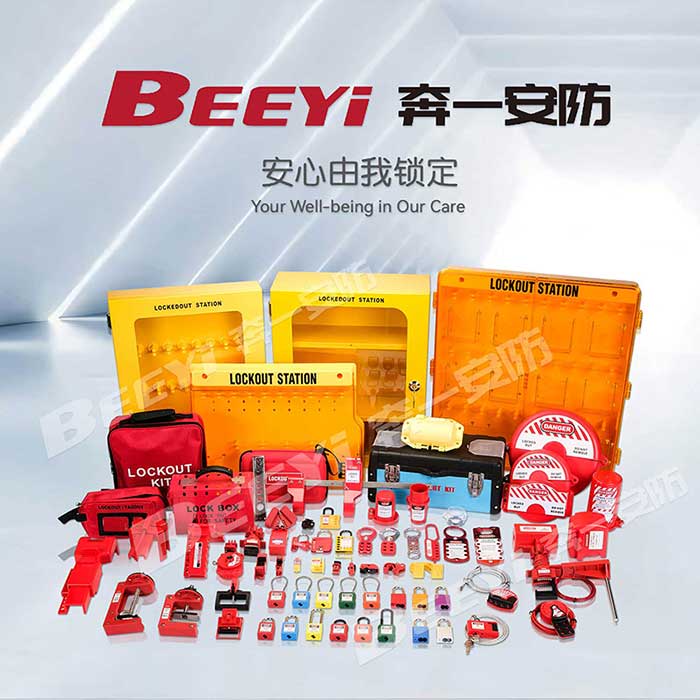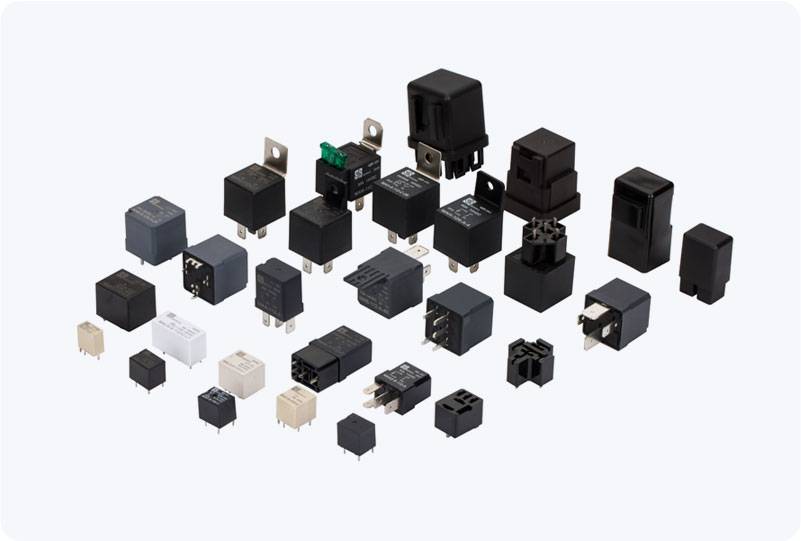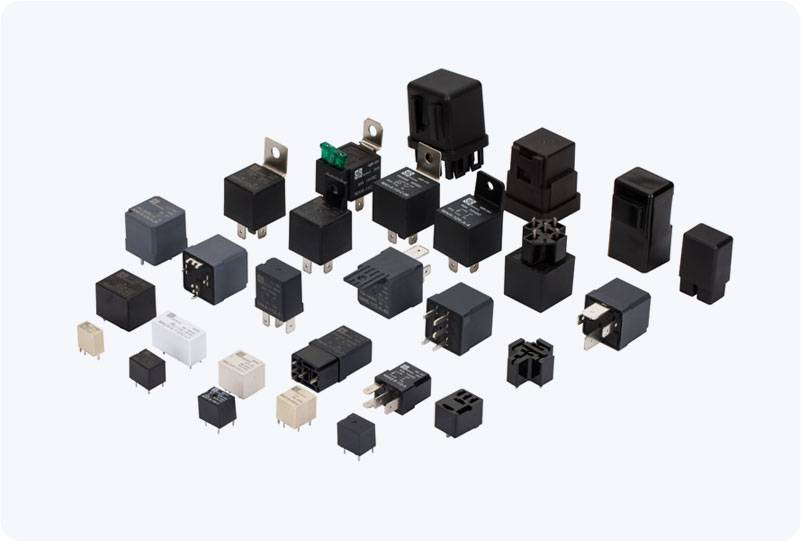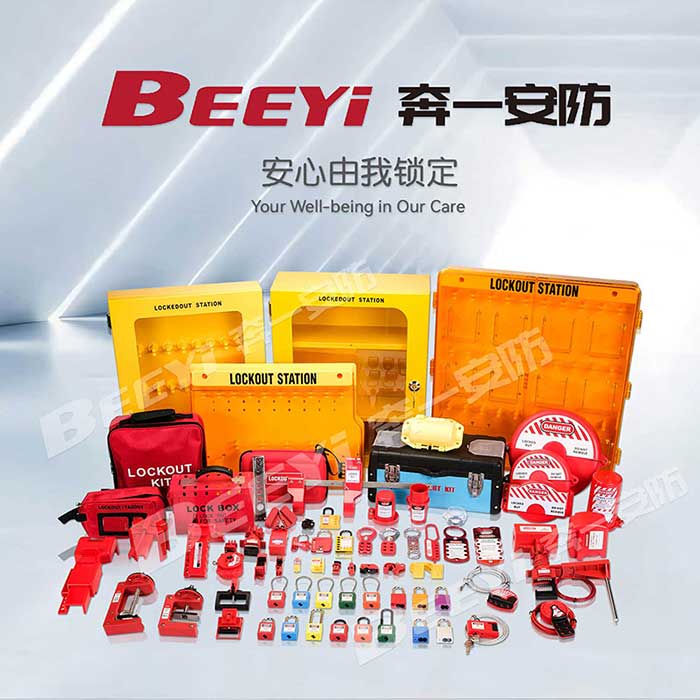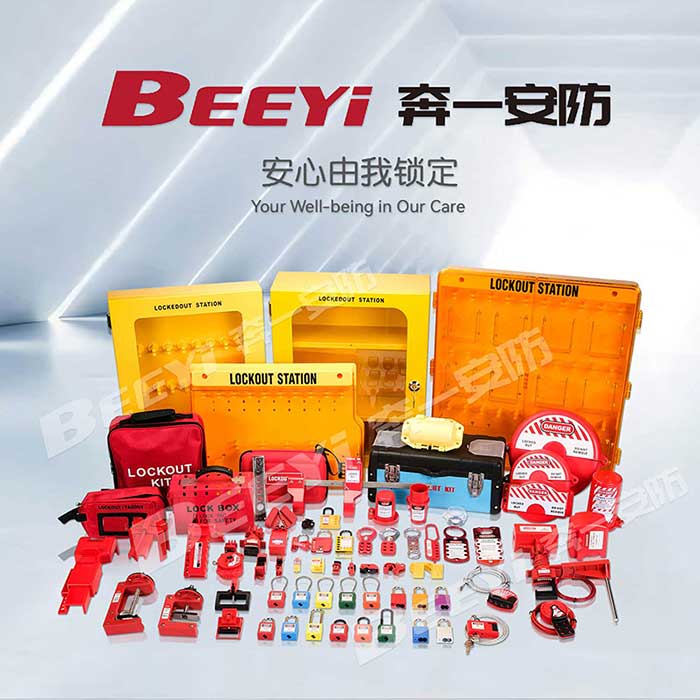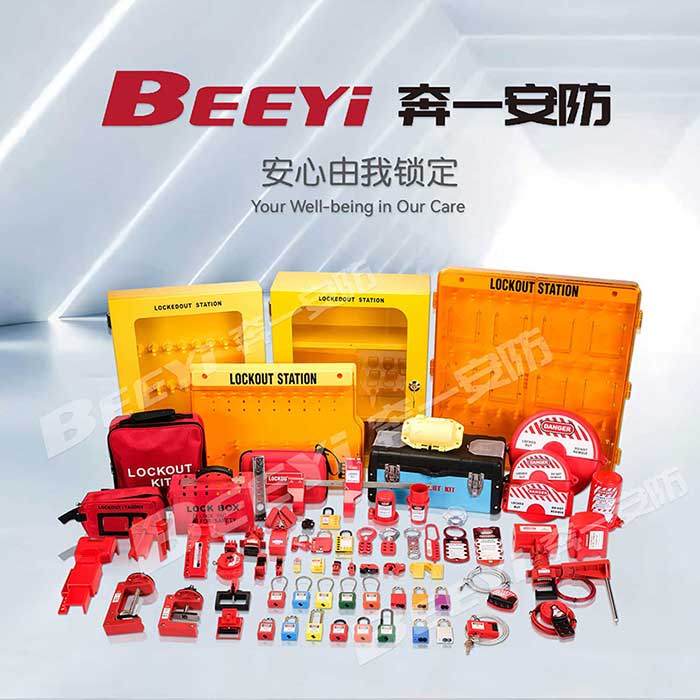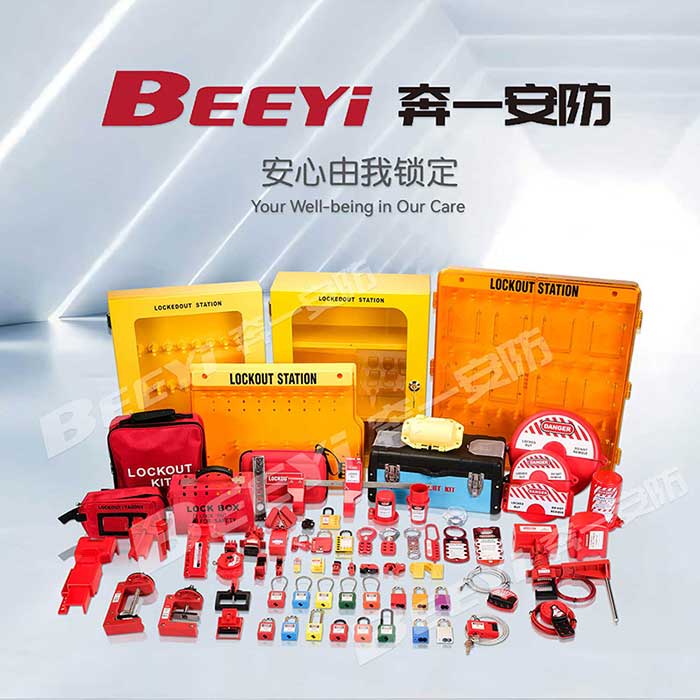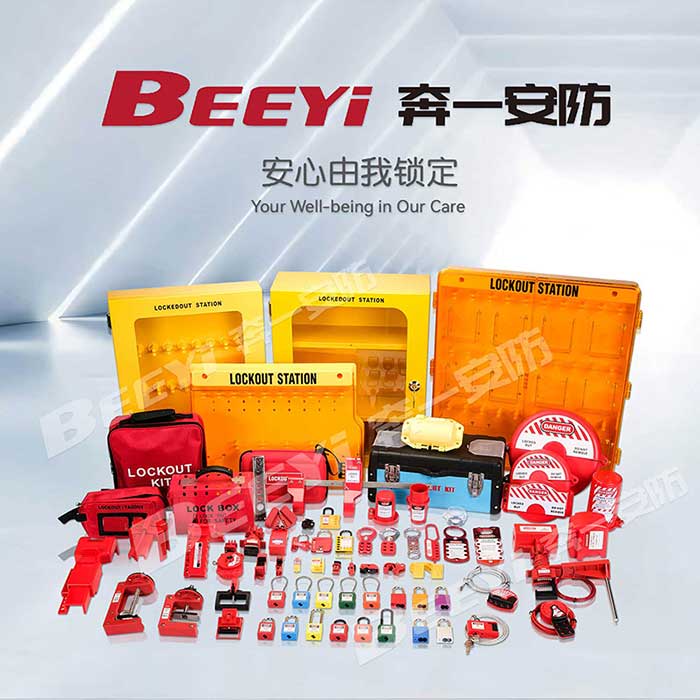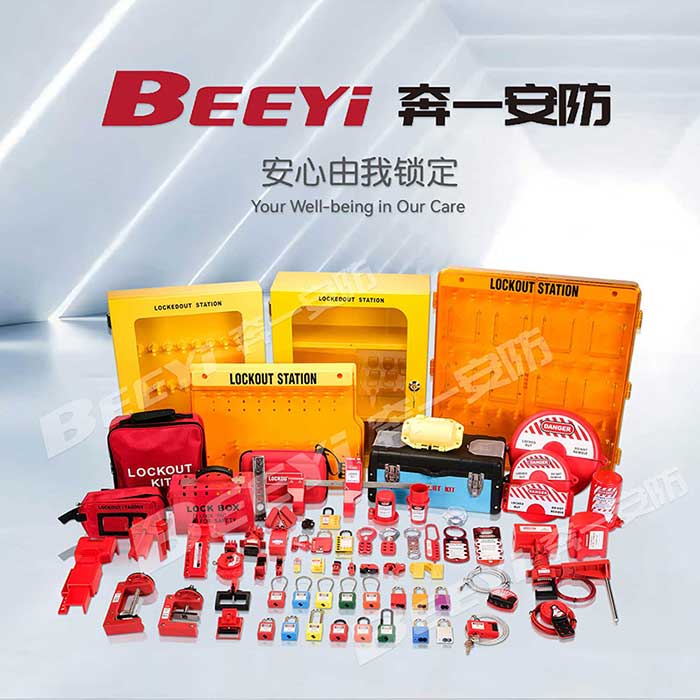Lockout hasps are essential safety tools in industrial settings, designed to ensure equipment is properly locked and cannot be activated during maintenance or repair work. These devices are a crucial part of a broader lockout/tagout (LOTO) system, which is implemented to prevent accidents and injuries caused by the unexpected release of hazardous energy. Whether you are looking to purchase lockout hasps for your organization or as part of a larger safety equipment package, understanding wholesale prices can help you make a cost-effective and informed decision.
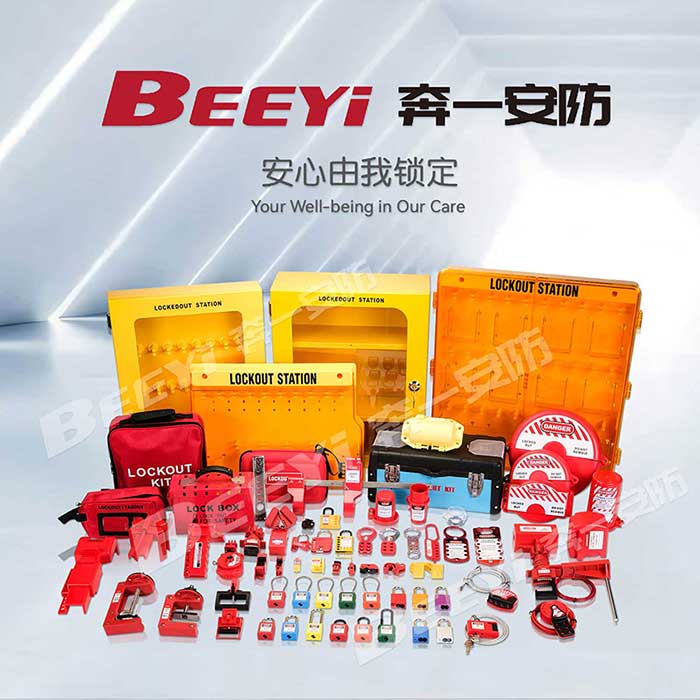
What Are Lockout Hasps? Lockout hasps are typically made of metal or durable plastic and consist of a locking mechanism with multiple holes for attaching padlocks. The purpose of the lockout hasp is to allow multiple workers to securely lock out the same equipment, ensuring that no one can inadvertently turn it on during maintenance or repair tasks. This ensures safety by preventing the accidental release of stored energy in electrical, mechanical, or hydraulic systems. The use of lockout hasps is essential in industries such as manufacturing, construction, and energy, where complex machinery and equipment pose significant risks to workers if not properly de-energized during servicing. As part of the lockout/tagout program, these devices play an important role in ensuring compliance with safety regulations like OSHA standards.
